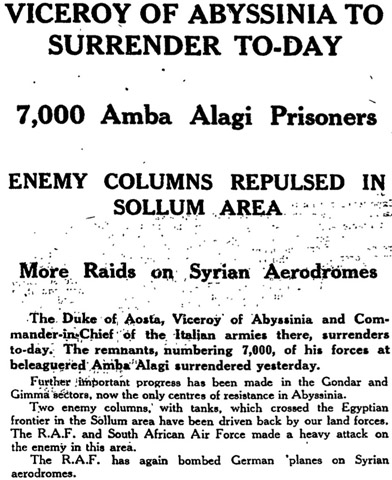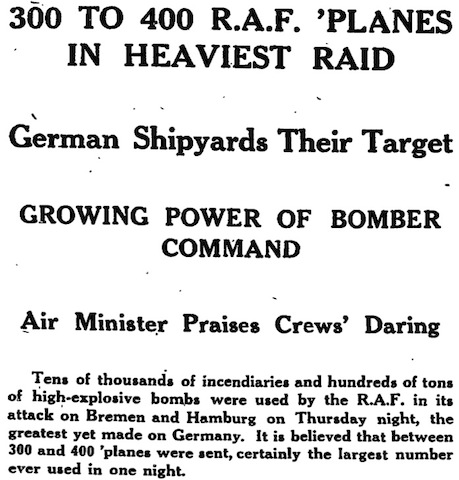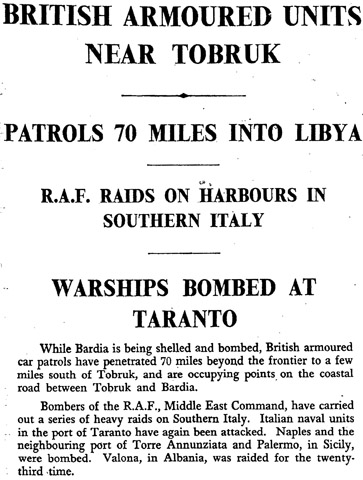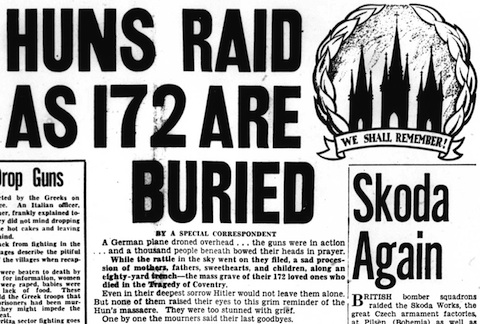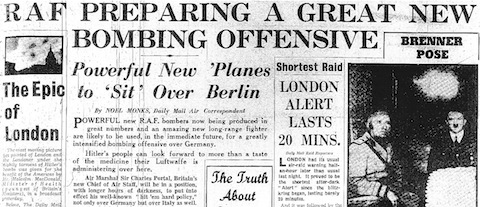A myth of the Blitz?
I’m giving a talk at the XXII Biennial Conference of the Australasian Association for European History, being held in Perth this July. It’s a big conference with some big names (e.g. Omer Bartov, Richard Bosworth, John MacKenzie), and there’s an appropriately big theme: ‘War and Peace, Barbarism and Civilisation in Modern Europe and its Empires’. […]


